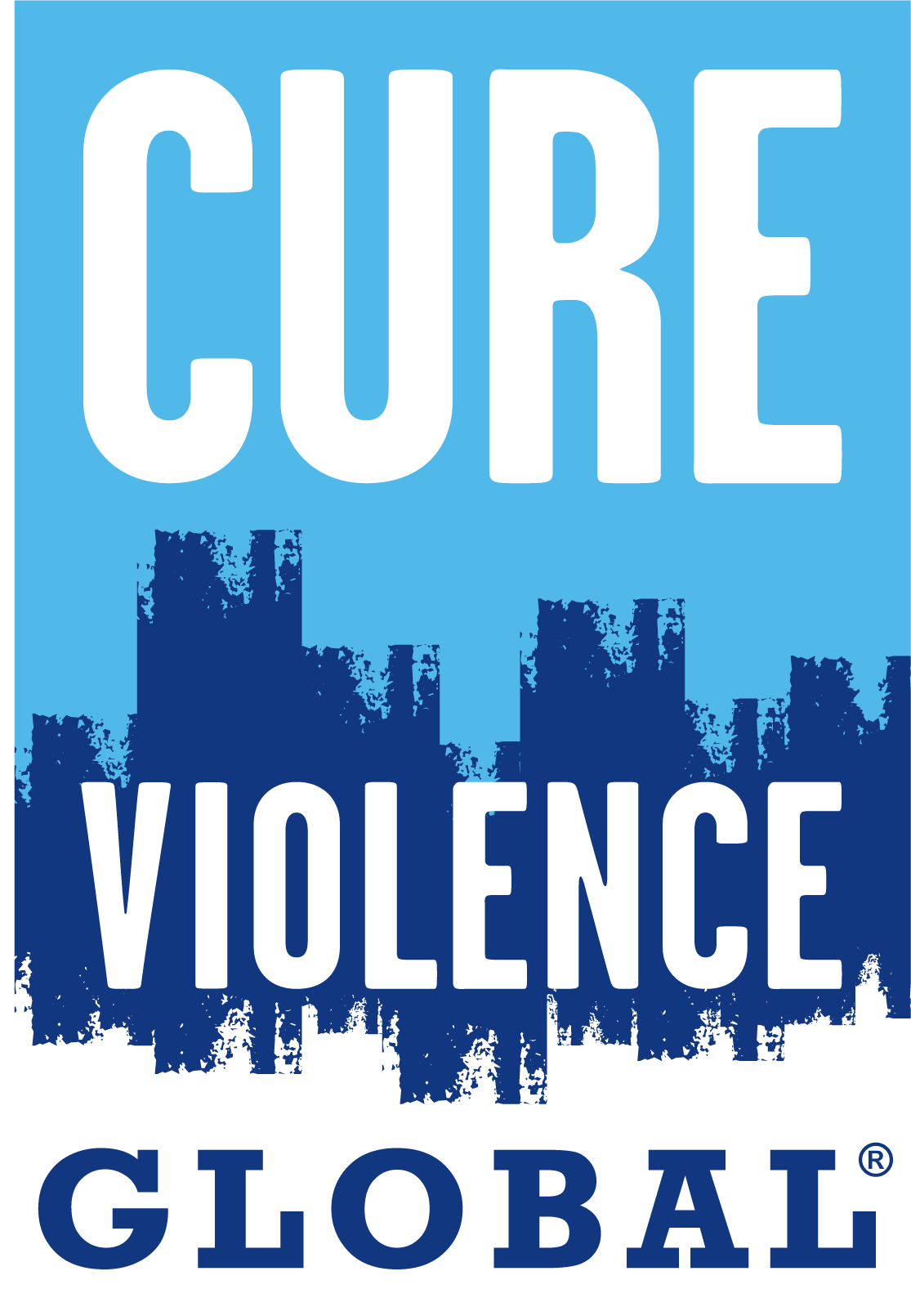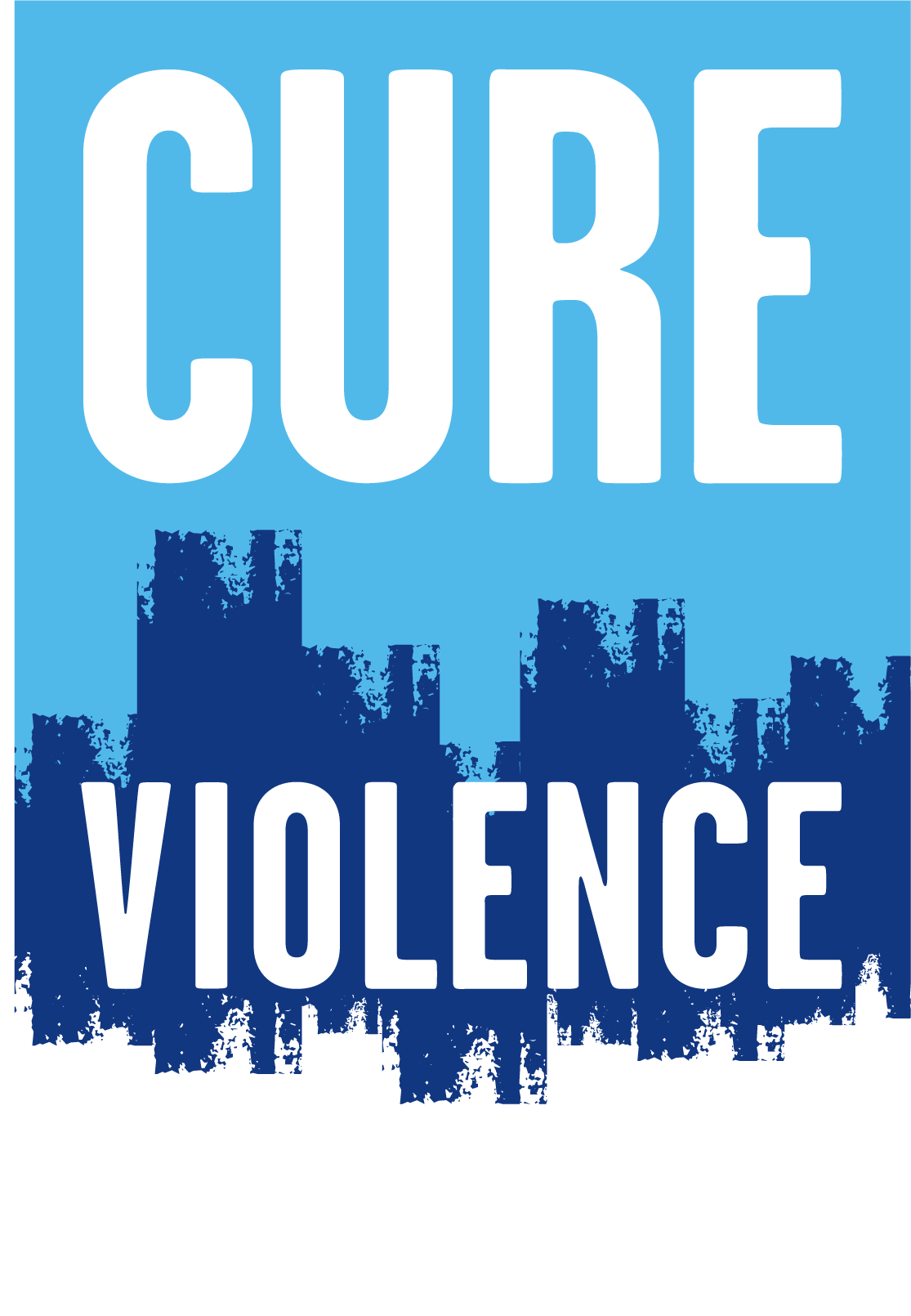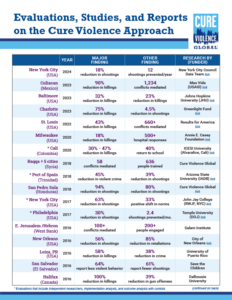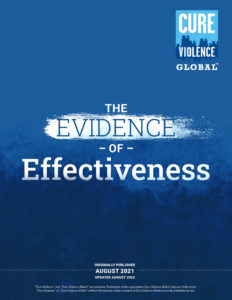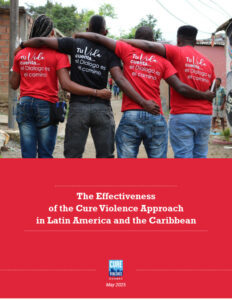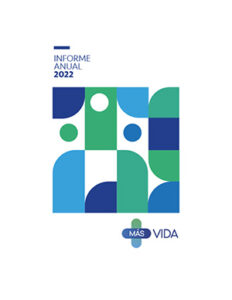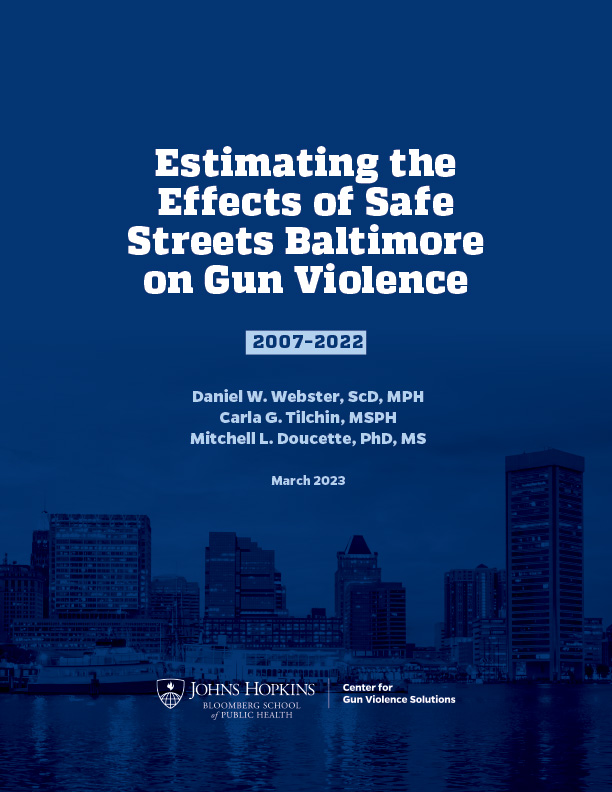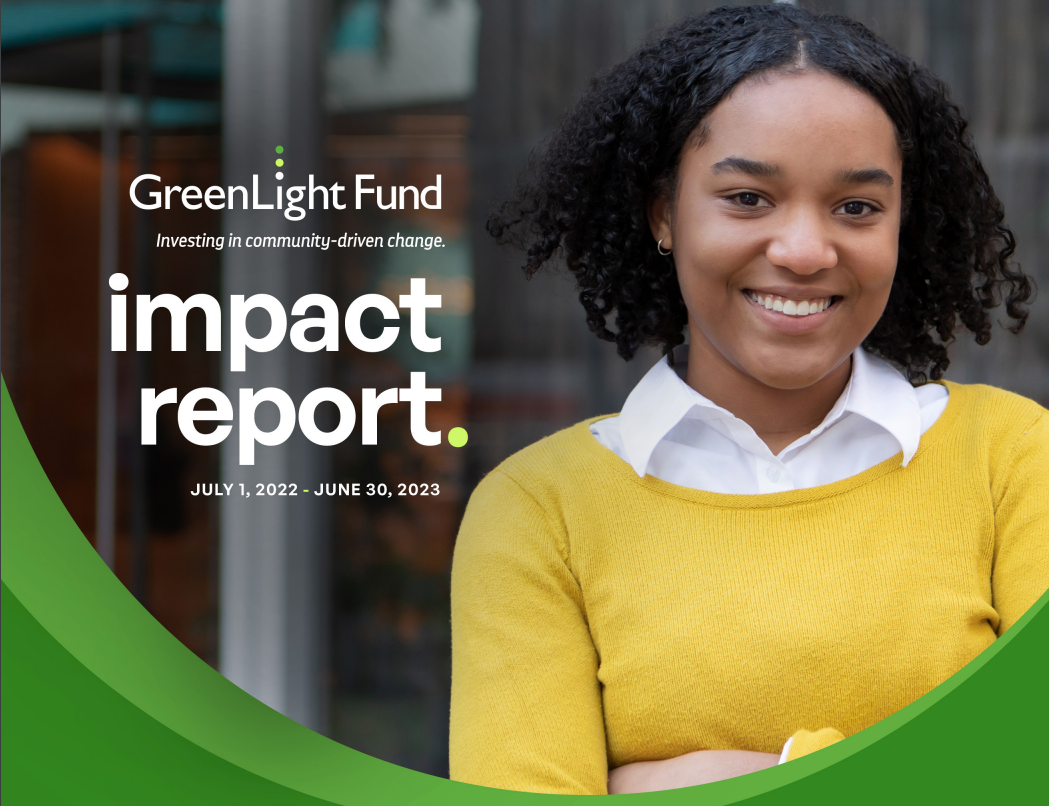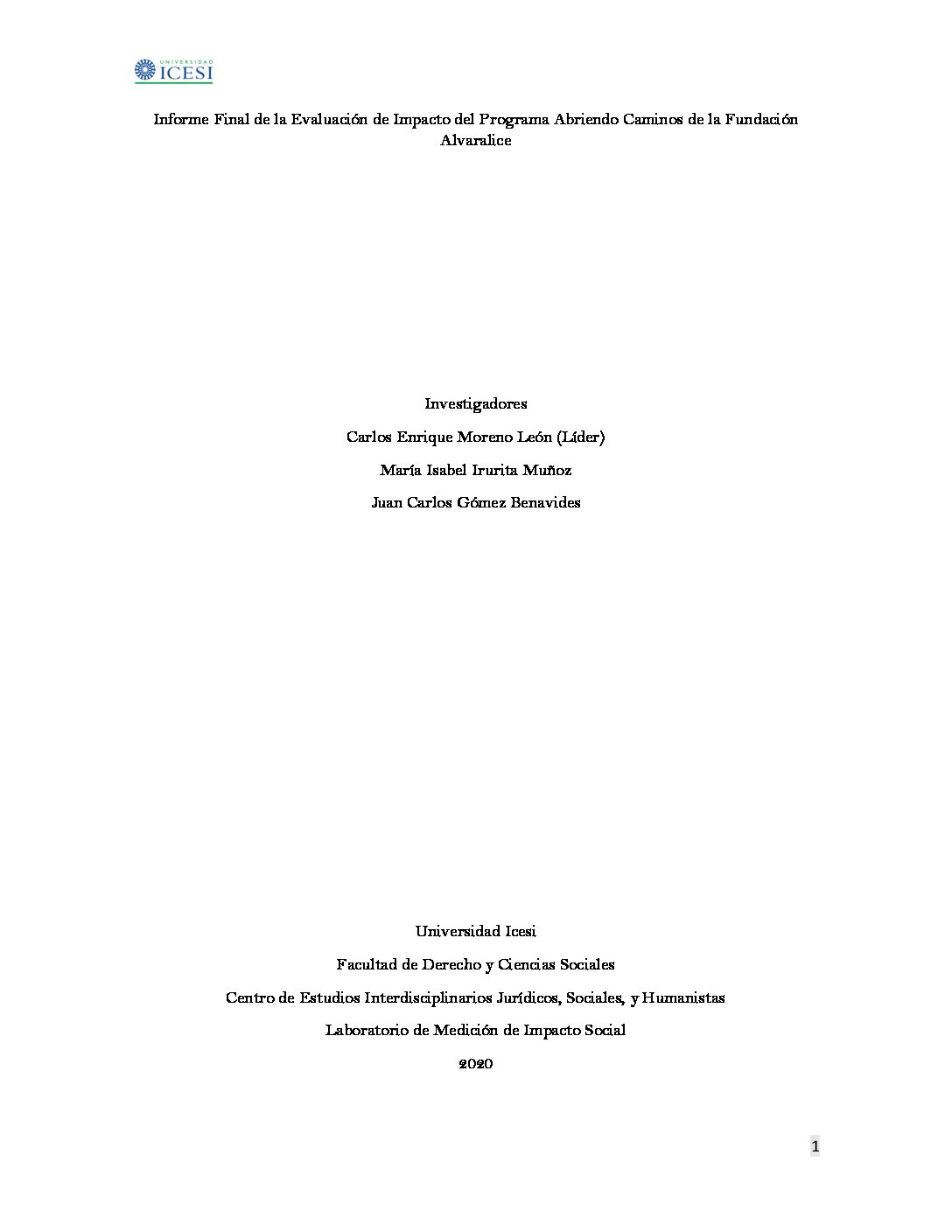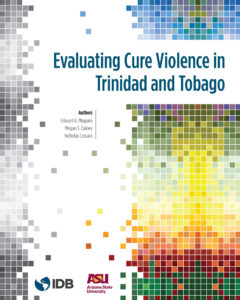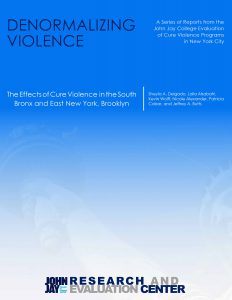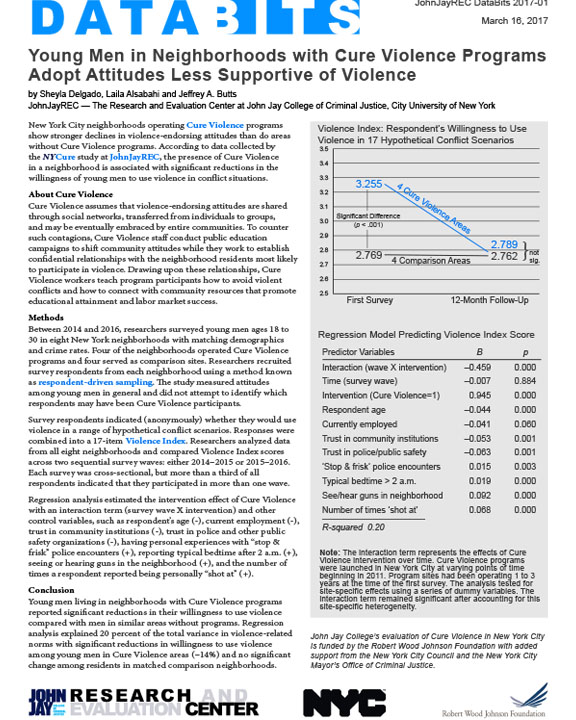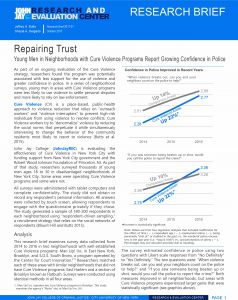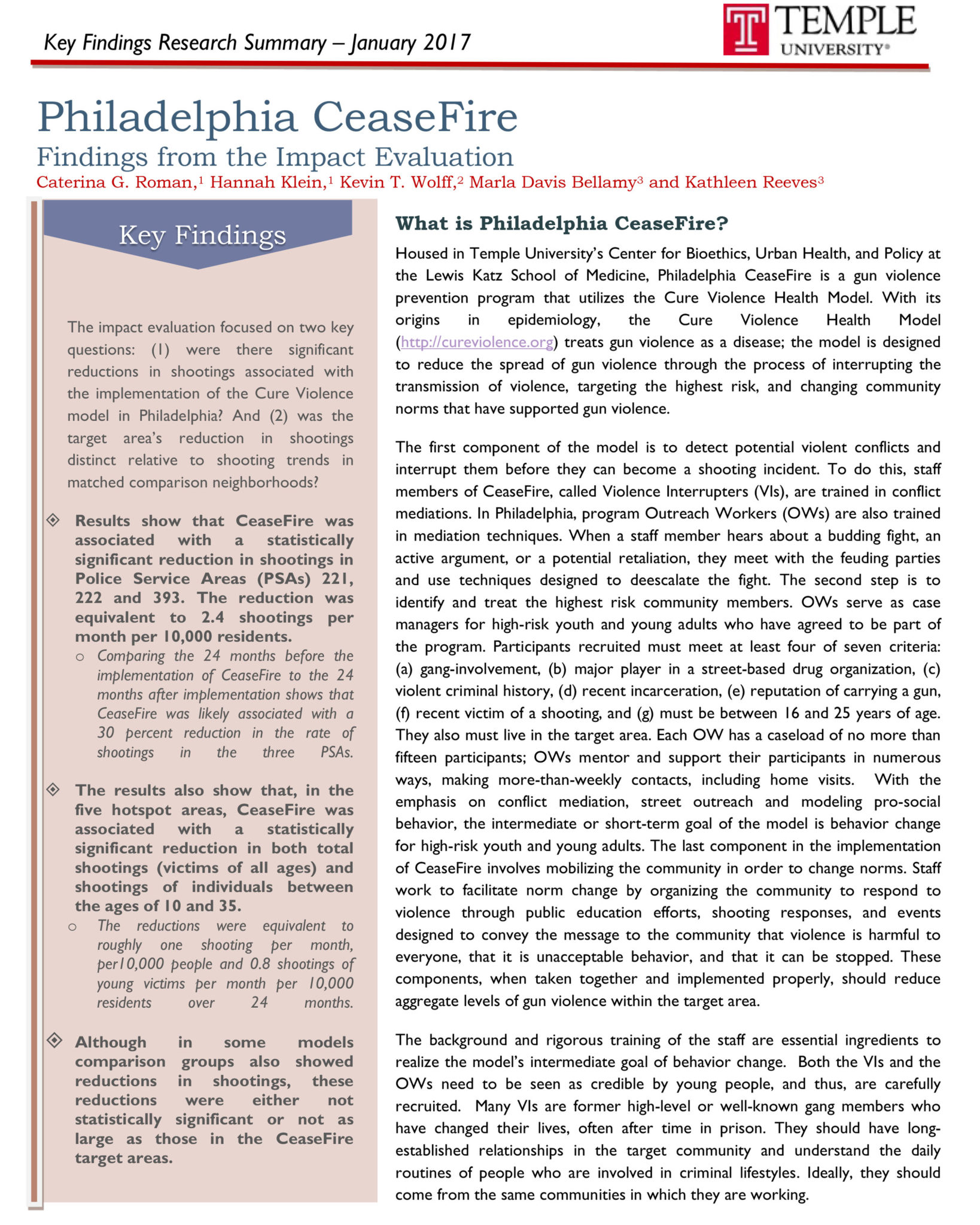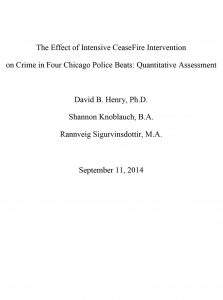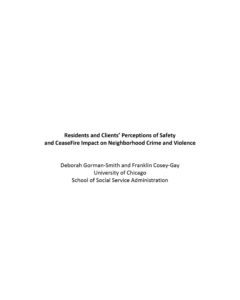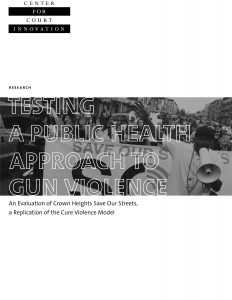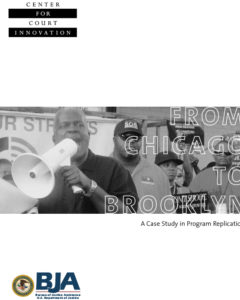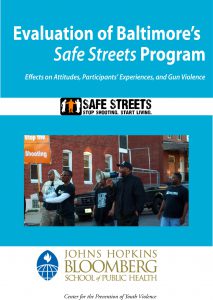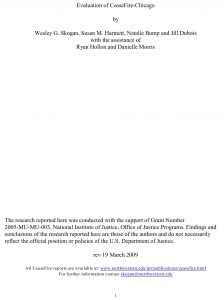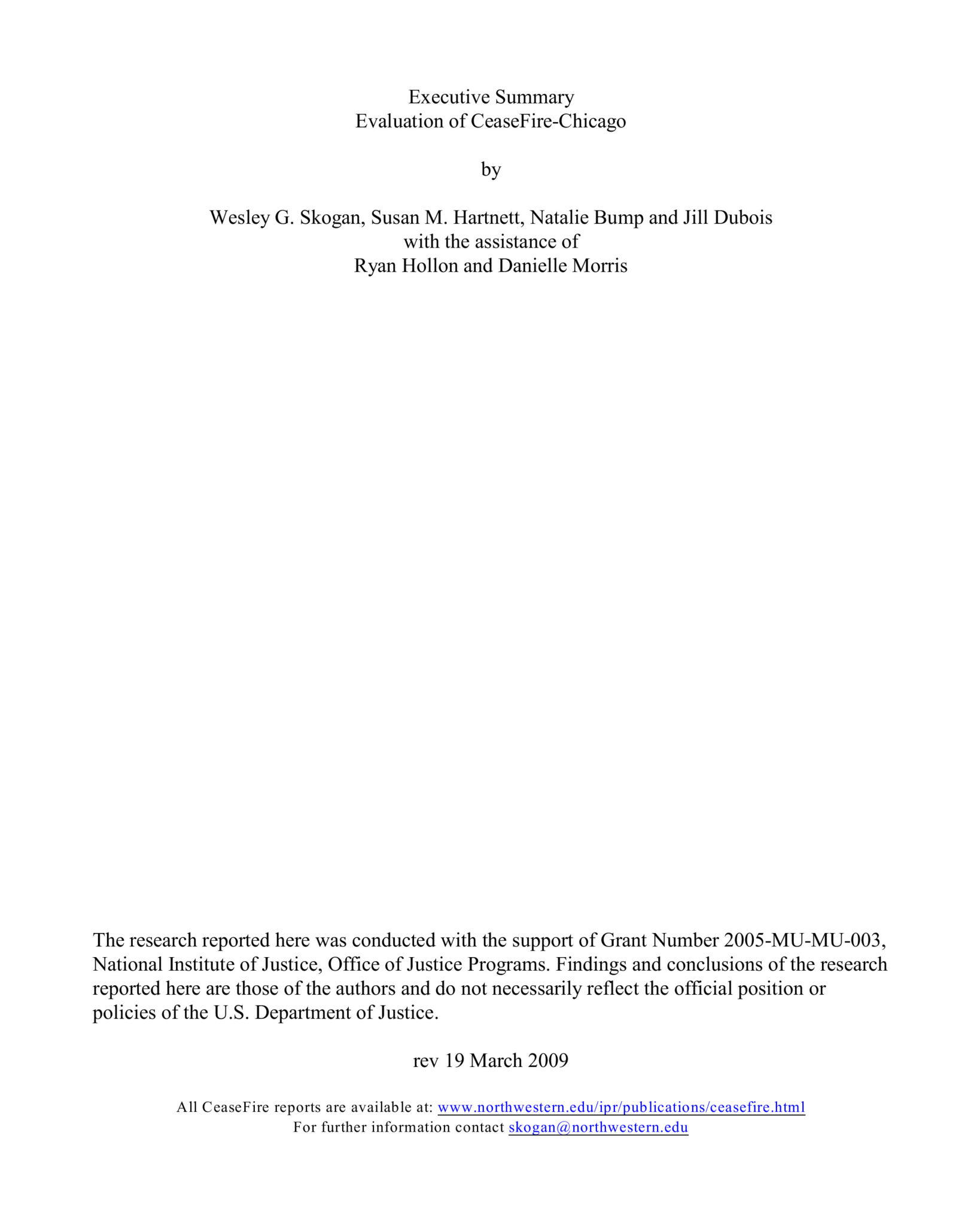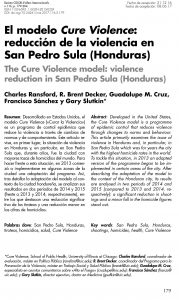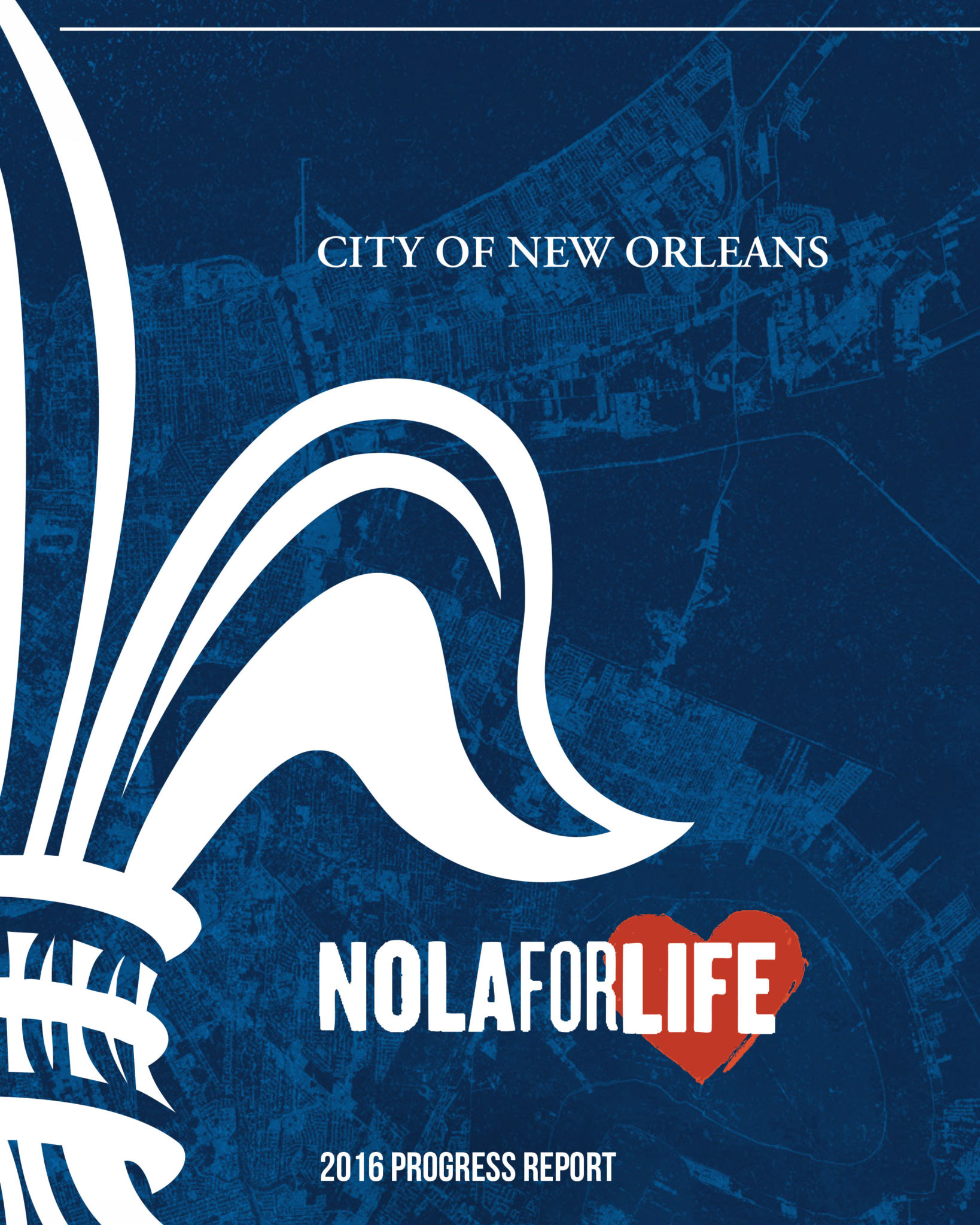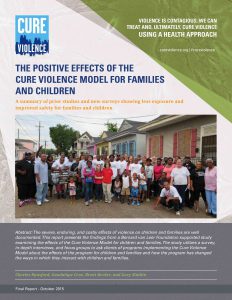The Evidence of Effectiveness
- 75% reduction in killings (Charlotte)
- 90% reduction in killings (Culiacan, Mexico)
- 45% reduction in violence crime (East Port of Spain, Trinidad & Tobago)
- 63% reduction in shooting (New York City)
Cure Violence Results
Support Cure Violence
Cure Violence Global is a 501(c)3 non-profit organization.
Donations are tax-deductible.
Evaluations and Studies on Effectiveness
Culiacan, Mexico (2023)
Since 2020, Cure Violence Global has been working with local organizations and agencies to implement the approach in six communities in Culiacan: 10 de Mayo, Lázaro Cárdenas, CNOP,
Huizaches, Toledo Corro, La Costera y Alturas del Sur.
Highlights:
- 90% reduction in killings (2019 v. 2022)
- 1,234 conflicts interrupted
Baltimore, MD, USA (2023)
This report analyzes program effects for the Cure Violence program in Baltimore, known as Safe Streets. The analysis covers the approach from the beginning in 2003 through July 2022.
Highlights:
- 32% reduction in killings in first four years across five sites
- 23% reduction in shootings across all sites
Charlotte, MD, USA (2023)
The GreenLight Fund published a report on their projects from around the country. The feature on the Cure Violence program in Charlotte included findings on the reduction in violence in the target zones.
Highlights:
- 75% reduction in killings
- 4.5% reduction in shootings
Cali, Colombia (2022)
The implementation of the Cure Violence strategy between 2017 and 2019 showed significant results in Cali. The program sought to reduce violence in the neighborhoods of Charco Azul and the settlements of Comuneros.
Highlights:
- Between 2017 and 2019, homicides were reduced by 47% in Charco Azul and by 30% in the intervention area in Comuneros.
- The voluntary involvement of 307 high-risk youths to the project (129 in Comuneros and 178 in Charco Azul).
- 40% of the young people linked to the project went back to school.
Port of Spain, Trinidad & Tobago (2018)
This report presents a comprehensive evaluation of the Cure Violence™ initiative implemented in Trinidad and Tobago. The program was implemented from July 2015 to August 2017. The report includes three main components: a process evaluation, impact evaluation, and cost-effectiveness analysis.
Highlights
- 45% reduction in violent crime rate
- 23% reduction in calls for police
- Reduction in hospital admissions
- “They really are suggestive of a strong impact.” Nicholas Corsaro, Evaluator
- “Our study actually showed really powerful effects.” Ed Maguire, Lead Evaluator
New York City, NY, USA (2017)
An extensive evaluation of the Cure Violence™ program in 2 communities in New York City was conducted by John Jay College of Criminal Justice Research and Evaluation Center.
“Effects of Cure Violence in South Bronx and East New York, Brooklyn” (2017)
- 63% reduction in shootings and 37% reduction in gun injuries in South Bronx
- 50% reduction in gun injuries in East New York
“Young Men in Neighborhoods with Cure Violence™ Programs Report Growing Confidence in Police”
- 22% improvement in trust in police and willingness to call police among highest risk
“Young Men in Neighborhoods with Cure Violence™ Programs Adopt Attitudes Less Supportive of Violence“ (2017)
- 14% reduction in attitudes supporting violence, with no change in controls
“Perceptions of Violence in Harlem, South Bronx, East New York, Morrisania, and Bed-Stuy” (2015)
- Young men in Cure Violence™ zones reported Increased confidence in police and increased willingness to contact police
Philadelphia, PA, USA (2017)
A 2017 evaluation of the Cure Violence™ program in Philadelphia found significant reductions in violence associated with the program.
Highlights
- 30% reduction in shootings (comparing the 24 months before the implementation to the 24 months after implementation)
- A statistically significant reduction in both total shootings across 5 hot spots
- Comparison groups reductions were either not statistically significant or not as large as those in the target areas.
Chicago, IL, USA (2015)
A 2013 McCormick Foundation/University of Chicago/UIC quantitative and a qualitative evaluation of the 2012/2013 CeaseFire illinois/Cure Violence™ program covered two Chicago neighborhoods.
Highlights
- 31% greater decrease in killings
- 1% greater decrease in total violent crimes (including domestic violence),
- 19% greater decrease in shootings
- CeaseFire high-risk participants reported decreased involvement in crime and violence,
New York City, NY, USA (2013)
In New York City, a 2013 BJA/Center for Court Innovation evaluation analyzed the program in Crown Heights, Brooklyn.
Highlights
- 20% lower shootings compared to control
- More than 100 mediations involving more than 1,000 people
- Average monthly shooting rates decreased by 6%, while increasing in the three comparison areas between 18% and 28%
Baltimore, MD, USA (2012)
A 2012 CDC/Johns Hopkins evaluation of 4 communities in Baltimore.
Highlights
- 56% reductions in killings and 34% in shootings in one community
- Reductions across all 4 communities
- 276 conflict mediations
- Reductions spread to surrounding communities
- Norms on violence were changed – people in program site were much less likely to accept the use of a gun to settle a dispute; 4 times more likely to show little or no support for gun use.
Chicago, IL, USA (2009)
A 2009 NIJ/Northwestern University evaluation analyzed 7 communities in Chicago.
Highlights
- 41% to 73% reductions in shootings
- 40% reduction/cooling of hot spots
- 100% reductions in retaliation homicides in 5 of 8 communities
- “Overall, the impact of the CeaseFire Program is significant and moderate-to-large in size.”
- “In every program area there was a substantial decline in the median density of shootings following the introduction of CeaseFire.”
